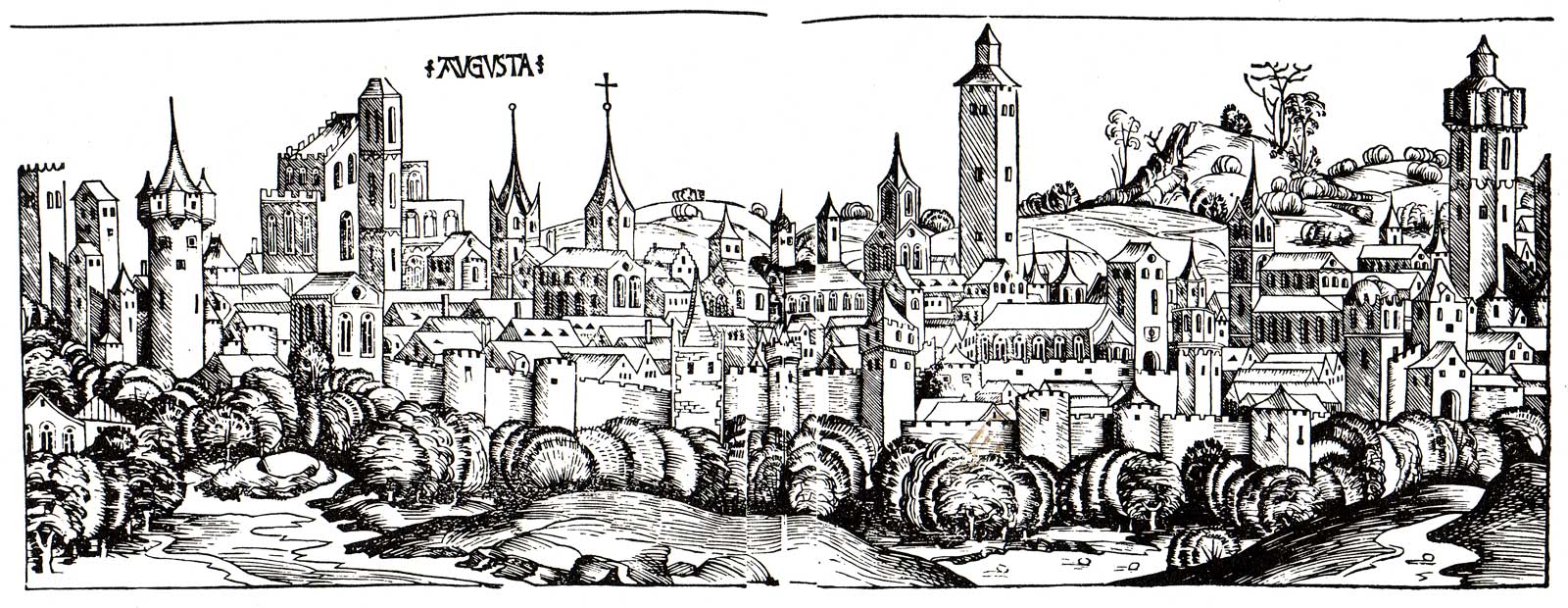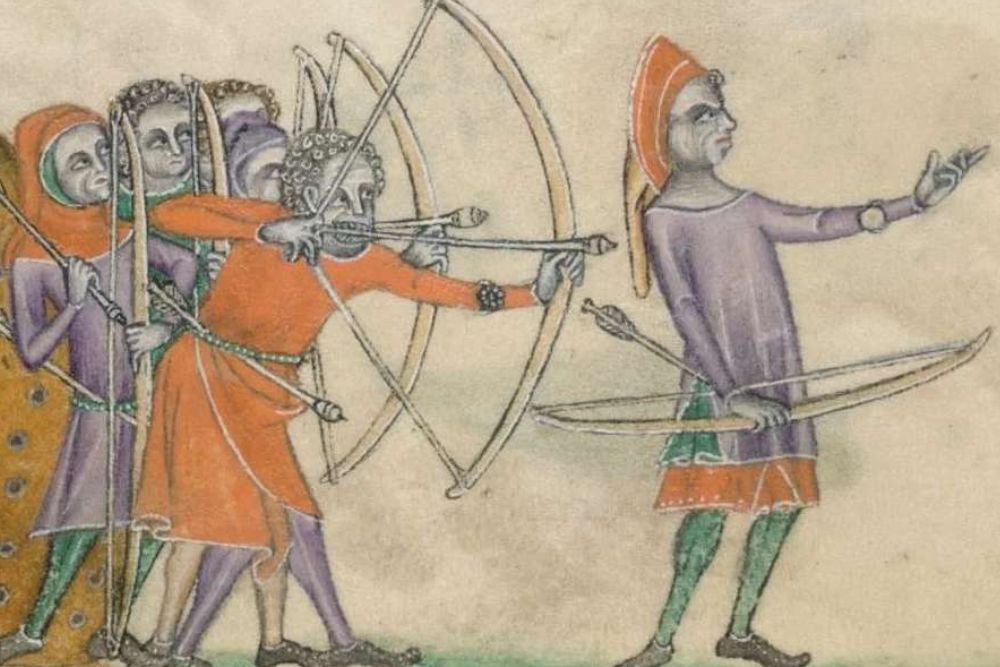HEMA (Historical European Martial Arts) is a collective set of documents and practices which outline martial arts techniques used in Europe from the Middle Ages. There are manuscripts from Germany, Italy, Spain, England, and Portugal.
There are a large number of different manuscripts (systems) people can follow. HEMA offers something for everyone in that there are research opportunities, studying and trying to decipher the techniques, the application of those techniques in a training situation – normally paired, as well as a codified method of practicing in a free play structure (sport, point scoring).
While these can look very different, we do welcome anyone who wishes to study at which ever level suits them.
The German system we follow has 3 parts – unarmoured (Blossfechten), armoured (Harnischfechten), and armoured mounted fighting(Rossfechten).
For us, we focus on the unarmoured system as a self defence for the medieval man or woman on the street. As we look at the early part of the tradition this is more combat focused and not sport focussed. Clothing has very little defensive padding – Some drills will require face mask and protective gloves. Free sparring on the occasions we offer it, will require full protective gear.




